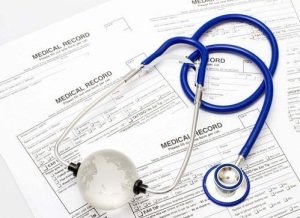- Mandatory notification on all imported medical devices since March 1st, 2022
March 1st, 2022, is the date of enforcement of regulation #11020 (link in Russian) establishing mandatory requirements to notify authorities for every unit of any medical device imported into Russia, as well as manufactured within the country.
According to the regulation, this notification has to be performed for the purpose of safety monitoring by the regulatory agencies. It should be done by the manufacturer, its authorised representative or the importer of a medical device. Information regarding the name of the medical device and its modification, its serial number, its manufacturing and expiration date and the number and date of registration should be submitted using the Roszdravnadzor electronic system within fifteen days of importation or manufacturing release of a product.
2. New guidance on quality management system requirements for the registration of medical devices
On February 9th, 2022, the Russian government released regulation #135 (link in Russian) and established rules for the inspection of quality management systems for medical device manufacturers. The document introduces mandatory requirements to submit QMS inspection reports using national procedures for any amendment to registration certificates from June 1st, 2023, and provides detailed guidance on the organisation of the QMS audit.
In addition, on February 18th, 2022, the Russian Ministry of Health released regulation #91N (link in Russian) on methods for determining the amount of payment for the provision of services related to the inspection of the production of medical devices. The document provides tools to calculate required human resources and costs for the inspection of quality management systems for the registration of medical devices.
According to the document, the maximum cost for an inspection is limited to 1.274 million rubles including VAT for Russian manufacturers (approximately 13,000 USD) and 2.729 million rubles for foreign manufacturers (approximately 28,000 USD).
3. New guidelines for pre-clinical and clinical testing for medical devices in Russia
March 1st, 2022, is also a date of enforcement of regulation # 885N (link in Russian) with a new revision of the guidelines for technical assessments, toxicology testing and clinical trials as part of the national registration procedure of medical devices. The regulation will replace regulation #2N (link in Russian) that was effective since 2014.
It should be recalled that the possibility of reopening submissions according to national registration rules for another year has been debated since the end of December 2021. However, as of the end of February 2022, this remained impossible.


